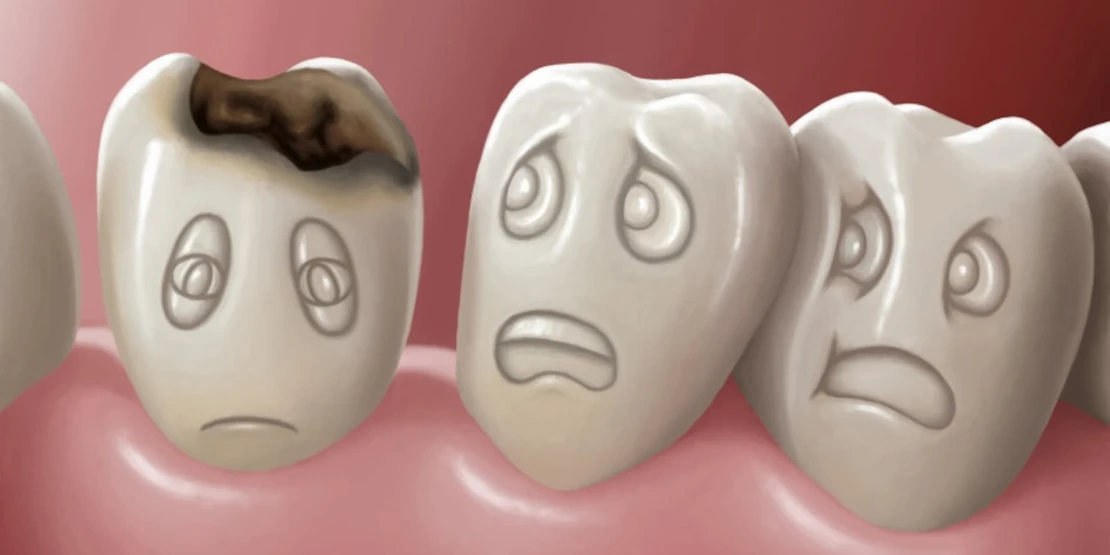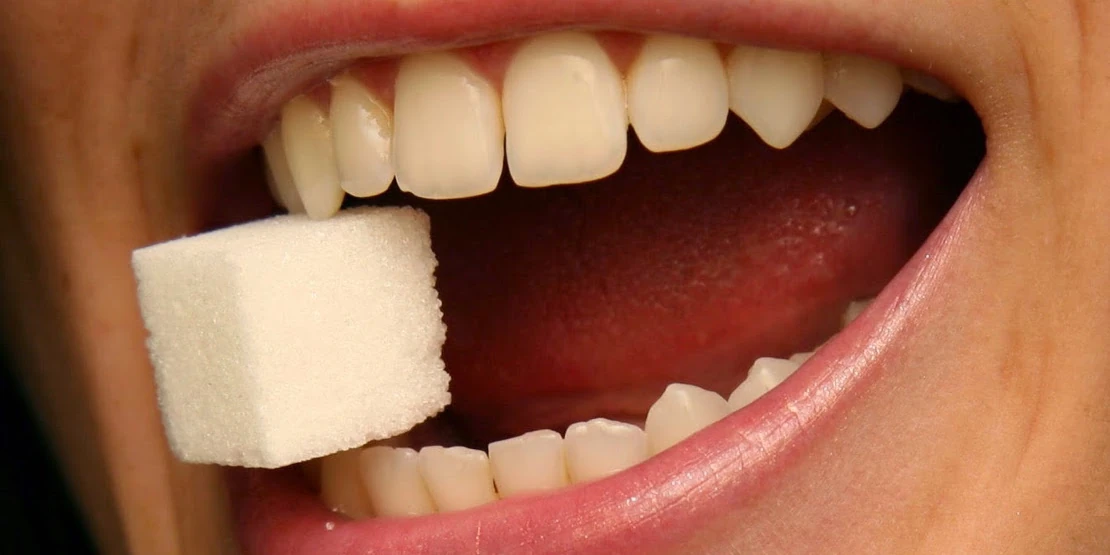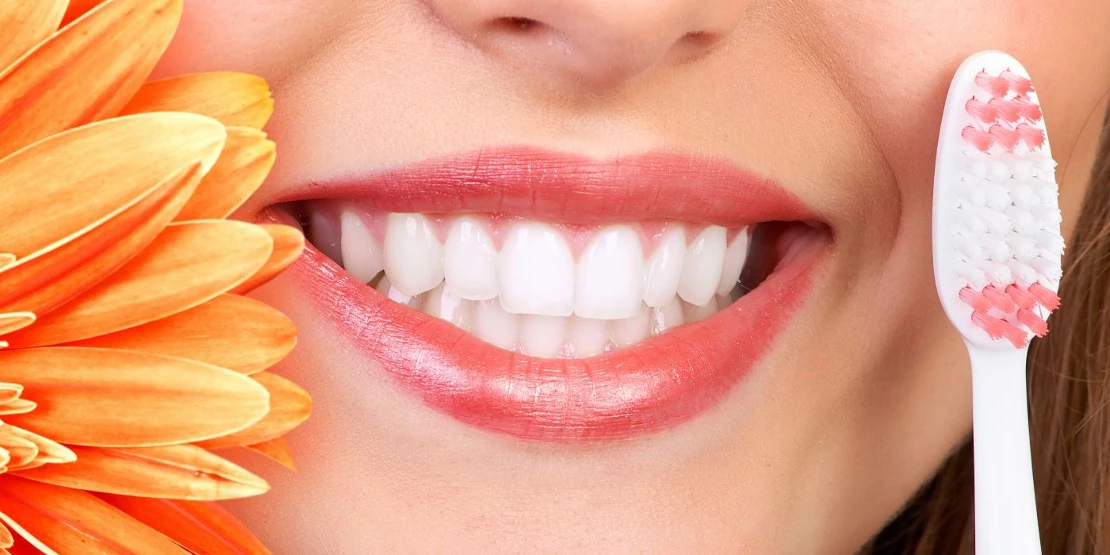
Tooth decay is a process of destruction of the hard tissues of the tooth caused by demineralization of the mineral components of the enamel due to exposure to acids produced by the metabolism of bacteria in the oral cavity. Here are some of the main reasons why tooth decay can occur:
- Bad oral hygiene:
Insufficient brushing, irregular brushing, and improper brushing techniques can cause bacteria and food debris to build up on the teeth, contributing to acid buildup.
- Excessive consumption of sugar and starches:
Bacteria in the mouth feed on food residues, especially sugars and starches. They can metabolize them to form acids that erode enamel.
- Decrease in oral pH:
Acids produced by the metabolism of bacteria lower the pH in the mouth. This can temporarily soften the enamel and make it vulnerable to breakage.
- Fluoride deficiency:
Fluoride is a mineral that helps strengthen tooth enamel and prevent demineralization. A lack of fluoride can make teeth more susceptible to decay.
- Genetics:
Some people may be more susceptible to developing tooth decay because of their genetic predisposition.
- Dry mouth:
Lack of saliva can contribute to cavities, as saliva helps neutralize acids and remove bacteria.
- Medical conditions:
Certain medical conditions or treatments (such as head and neck radiotherapy) can increase the risk of tooth decay.
- Time:
Tooth decay can develop over time, especially if preventative measures are not taken.
To prevent tooth decay, it is important to maintain good oral hygiene, moderate consumption of sugar-containing foods, increase fluoride intake, visit your dentist regularly, and monitor the overall health of your teeth and gums.
You may have noticed that modern man today is much more susceptible to such a disease as tooth decay. Why does this happen? What is the reason and how to prevent it?
Unfortunately, the quality of life, as opposed to the length of life, is drastically deteriorating. Interestingly, our ancestors were much less likely to suffer from the development of tooth decay. Studies have shown that the bacteria that are part of dental plaque, 20 years ago did not have such a destructive effect on the teeth. Why?

The cause is nutrition. No matter how strange it sounds, but thanks to carbohydrates, which have become part of the permanent human diet, pathogenic bacteria have created a favorable environment for reproduction.
When bacteria interact with hydrocarbons, acid is released, which first destroys the pellicle (the organic thin film on the enamel) and then the tooth enamel. Since the initial development of tooth decay is painless and unnoticeable, it is important to visit the dentist regularly for a routine checkup. Believe me, it will cost you much less and not as painful.
Also nutrition affects the state of the gastrointestinal tract, and as a consequence weakens immunity in general. Our body as a single complex mechanism. An important role in it is played by bacteria that protect it from the external environment.
What can be done? The most important thing is to take care of your whole body. Good nutrition will help to maintain a healthy microflora and protect against many diseases. Moderate exercise and adequate sleep will also help. For healthy teeth, it is important to take good care of them. Brush regularly, at least twice a day and floss regularly.

